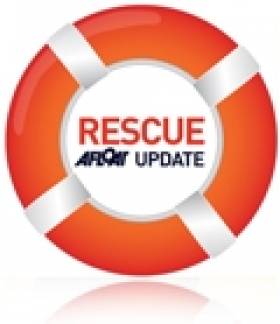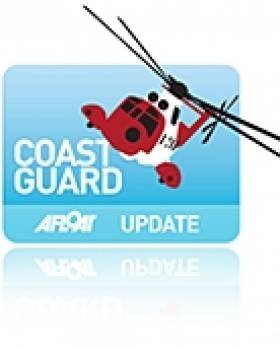Displaying items by tag: callouts
Scottish Search and Rescue Base UK's Busiest in 2011
#RESCUE - The Royal Navy search and rescue unit at HMS Gannet was the busiest in the UK last year, STV News reports.
The unit - based in Prestwick, near Glasgow - responded to nearly 300 call-outs and rescued 240 people in Scotland, northern England and Northern Ireland throughout 2011 with its fleet of Sea King helicopters.
The big numbers put HMS Gannet at the top of the UK's 12 search and rescue units for the fifth year running.
"Like all emergency services, we work under significant pressure and always aim to provide the best service we possibly can," said HMS Gannet's Lieutenant Commander Debdash Bhattacharya. "Frequently lives depend on it."
Since 2007 the unit has rescued 1,575 people from 1,865 call-outs in total. Last year's call-outs represented 17% of all call-outs from military bases in the UK.
STV News has much more on the story HERE.
Search and rescue operations from Northern Ireland's only dedicated coastguard centre are on the increase, the Belfast Telegraph reports.
The latest figures show that there were 50 per cent more callouts to the Bangor-based centre last year than in 2006.
Shipping Minister Mike Penning - who is behind controversial plans to streamline the UK's coastguard network, which could see Bangor either closed or reduced to daylight operation - also confirmed that more than a third of callouts were made at night.
As previously reported on Afloat.ie, the final decision on the coastguard proposals will be taken by 19 July.

























































